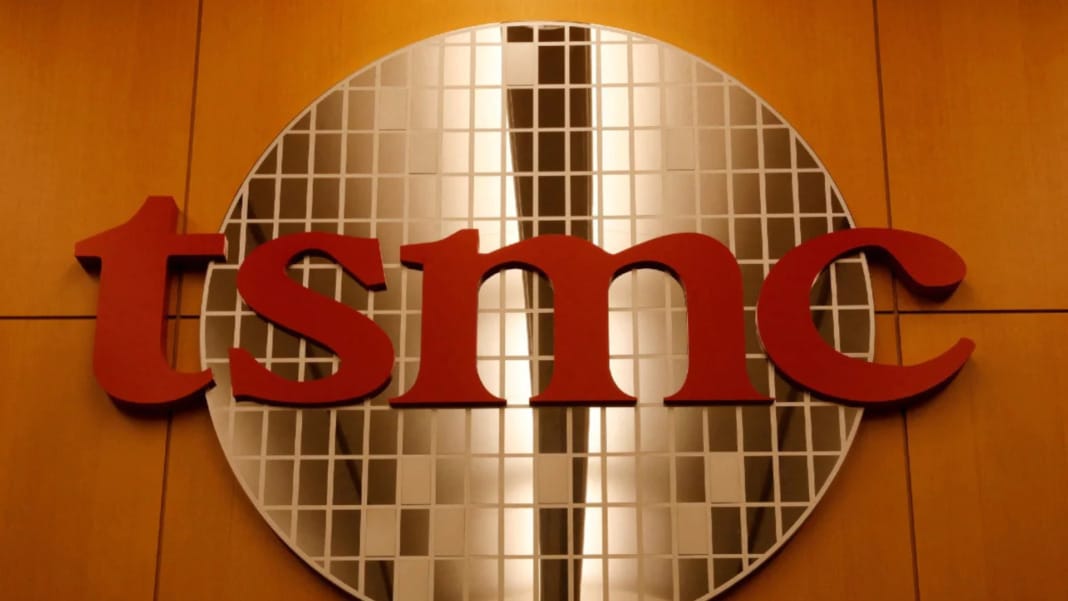Taiwan Semiconductor Manufacturing Co. (TSMC) is preparing to expand its operations in Europe, focussing on producing artificial intelligence (AI) chips. According to a senior official from Taiwan’s National Science and Technology Council, the world’s largest contract chipmaker has widened its global reach.
TSMC’s expansion plans take shape
The Taiwanese tech giant has already begun work on its first European plant in Dresden, Germany, investing around €10 billion (US$10.9 billion) to establish a chip fabrication facility. This is TSMC’s first site within the European Union, and it marks a significant step towards addressing the growing demand for AI chips in the region.
Speaking on Bloomberg TV, Wu Cheng-wen, Minister of Taiwan’s National Science and Technology Council, revealed that TSMC is looking ahead to the following few European factories, with plans to serve different markets. “They have started construction of the first fab in Dresden, and they are already planning the next few fabs for various sectors,” Wu said in an interview aired on Monday. However, he did not provide a detailed timeline for these future projects.
TSMC, which manufactures most of its semiconductors in Taiwan, has been rapidly expanding its operations internationally. The company is currently building factories in the US, Japan, and Germany to reduce reliance on its Taiwan-based facilities amid escalating tensions with China.
AI market drives demand
One of the key sectors driving TSMC’s European expansion is AI. Wu highlighted that chips designed for companies like Nvidia and Advanced Micro Devices (AMD) will be a major focus. These AI chips are crucial for powering advanced technologies, from data centres to next-generation applications.
Wu noted that TSMC is exploring its options in Europe and considering whether it should expand further in Dresden or explore other locations within the EU. He also mentioned that TSMC’s continued focus on cutting-edge semiconductor designs will play a central role in its European operations.
“Maybe they can work on the European market as well, so TSMC is looking at that as part of planning for their next few fabs,” Wu added.
Opportunities for TSMC’s suppliers
TSMC’s growth in Europe is also expected to create opportunities for its suppliers, particularly in neighbouring countries. The Czech Republic could become a key player, as Prague and Taipei have recently developed stronger ties. The Czech government is reportedly considering supporting TSMC’s suppliers in establishing facilities near Dresden.
In addition, Wu said that Taiwan and the Czech Republic are considering collaborating on research and development projects. This could further strengthen the technological partnership between the two nations, despite Prague’s formal diplomatic relations with Beijing.
TSMC’s overseas ventures are not limited to Europe. The company has committed over US$65 billion to build three plants in Arizona, US, which will significantly increase its presence in the American market. Wu expressed that while the short-term costs of these projects might be high for Taiwanese companies, they offer long-term benefits.
“Short term, maybe it’s painful for Taiwanese companies because it’s more expensive if they move over there,” Wu explained. “But in the long run, maybe it’s good for them, from my point of view, because they can improve themselves.”
TSMC’s growing presence in Europe and the US highlights its global ambition to maintain its leadership in semiconductor manufacturing while addressing the demand for AI and advanced chips.





